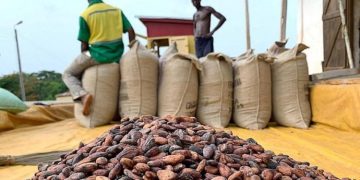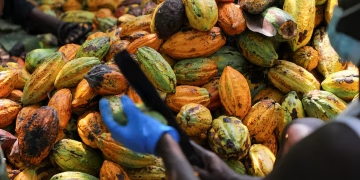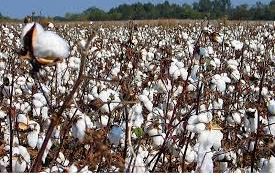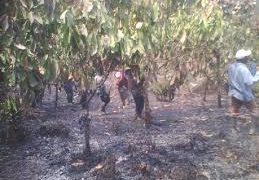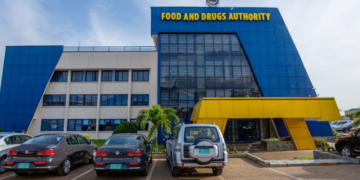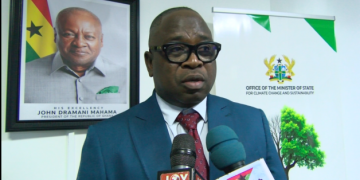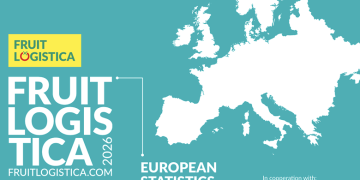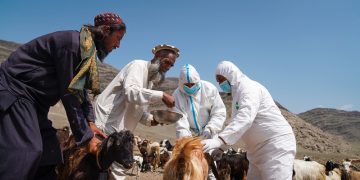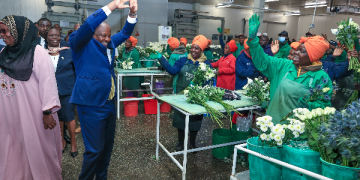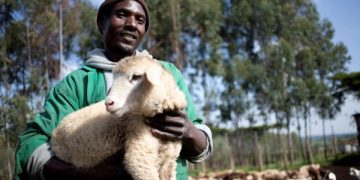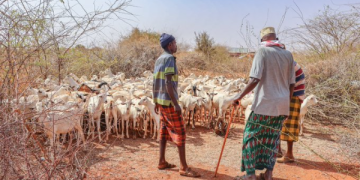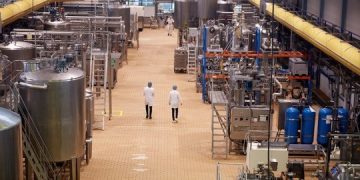Ghana’s economy expanded by 6.3% year-on-year in the second quarter of 2025, up from 5.7% in the same period last year, driven largely by a rebound in services.
But analysts caution that the slowdown in agriculture could pose risks to long-term economic stability.
Agriculture, often described as the backbone of Ghana’s economy, grew 6.6% in Q1 but slipped to 5.2% in Q2, raising concerns over its sustainability.
The industrial sector also weakened, slowing from 3.4% in Q1 to 2.3% in Q2, according to data from the Ghana Statistical Service.
Speaking to Citi Business News, Nelson Kuagbedzi, Head of Finance at Merban Capital, urged government to prioritise agriculture as a pillar for inclusive growth.
“We may attribute the growth to economic stability, confidence in the economy, and government policies. However, there has been sluggish growth in agriculture and industry. Policy intervention is needed, especially in agriculture, which remains the lifeblood of our economy,” he said.
The Ghana Statistical Service reports that overall GDP growth accelerated from 5.7% a year earlier to 6.3% in Q2 2025, driven mainly by the services sector, which surged 9.9% compared to just 2% last year. Non-oil GDP also rose 7.8%, cushioning a contraction in oil production.
Government Statistician Alhassan Iddrisu, who released the figures, noted that the data reflect a strengthening recovery from Ghana’s deepest economic crisis in decades.
Inflation has also continued to ease, falling to 11.5% in August its lowest since October 2021, beating the Finance Ministry’s target of 11.9% by year-end.
The stronger-than-expected growth is projected to bolster investor confidence as policymakers work to sustain stability and advance IMF-backed reforms.














